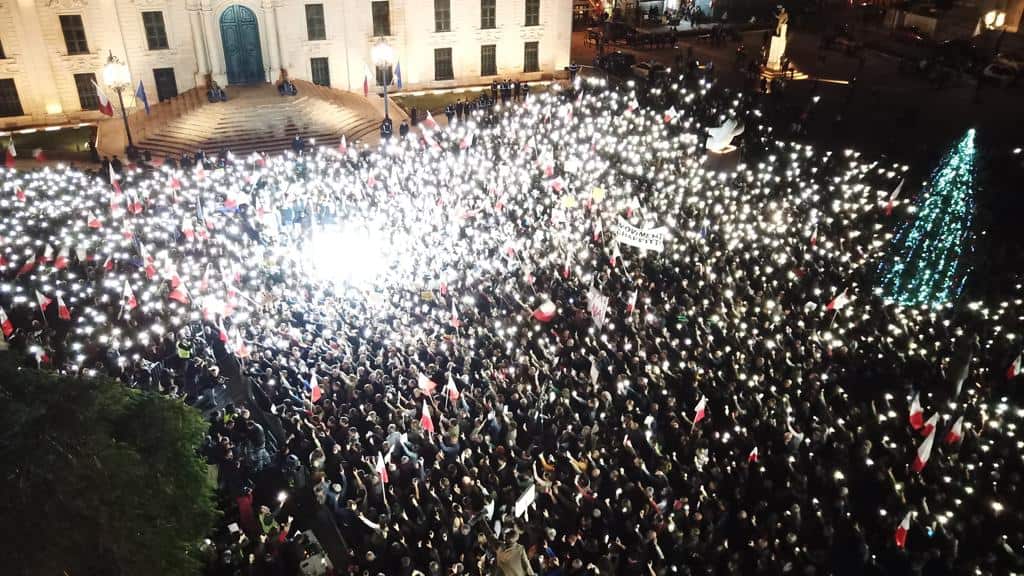In this and the upcoming posts, I am transcribing Repubblika’s response to the government’s proposals after the Venice Commission’s recommendations on rule of law reforms in Malta, starting with Repubblika’s president Vicki Ann Cremona’s opening letter:

18 May 2020
Mr Thomas Markert
Director and Secretary
European Commission for Democracy through Law
Council of Europe
Strasbourg
France
Mr Markert:
Re: Implementation of the Recommendations made by the Venice Commission in December 2018
We refer to the undated letter addressed to you with the same subject as in caption by Edward Zammit Lewis, Malta’s Minister for Justice, Equality and Governance, published by Malta’s Department of Information on 13 May 2020, and hereby submit to you our views on the matter.
It is of some satisfaction to see these matters addressed to some extent by the government. The government has come to the point of making these proposals with evident reluctance. The request of the Parliamentary Assembly of the Council of Europe (PACE) to the Venice Commission (“the Commission”) was made over the government’s objections, which it then sought to recover when it became clear it could not stop the process.
The matter of judicial appointments is being addressed in view of the challenge at the Court of Justice of the European Union filed by Repubblika. In putting forward that challenge, we have always sought to encourage the government to achieve the objectives of the Commission’s recommendations. We sincerely hope that the matter can be settled out of court, on condition that the government confirms a serious commitment to implement the supreme objective of achieving genuine and full judicial independence.
In an 18 April 2020 press article, Minister Edward Zammit Lewis promised the government “will surprise everyone with the boldness and speed of (the government’s) reform plan.” We are distinctly underwhelmed.
The government has sought to propose implementing the Commission’s proposals to an extent so limited that the changes are bound to have very little beneficial effect, if any. These reforms, though in their great part not intrinsically objectionable, are too half-hearted and too diluted to address the central issues identified by the Commission.
After the government’s proposals are implemented, Malta’s Prime Minister will remain all powerful, our institutions weak and the openness to corruption flagrant. We will remain faced by the same question PACE was faced with when it first asked the Commission to analyse the situation in Malta: why is there impunity for crimes committed by politicians and those complicit with them?
Although we naturally understand that the extent to which the Commission can contribute, to compensate for Malta’s systematic and consciously organised institutional failures, is necessarily limited, we feel it is our duty to put on record our profound scepticism that the government’s hasty attempt to be seen to comply with the Commission’s recommendations can have any practical effect on the concerns which caused PACE to seek the Commission’s views in the first place.
In certain respects, the proposals being made risk weakening even further whatever checks and balances still exist in our system.
Perhaps this explains why the government has refused to reveal its intentions before now and why national debate has been inexistent. Given the efforts of the Commission, we feel the government’s proposals need to be examined in detail and we are hereby submitting our report after studying Minister Edward Zammit Lewis’s letter to you.
Whilst thanking you for giving Repubblika the opportunity to contribute to this debate, allow us to assure you we remain at your disposal.
Yours sincerely,
Vicki Ann Cremona
President, Repubblika
Copies:
President George Vella
Prime Minister Robert Abela
Chief Justice Mark Chetcuti
President Gianni Buquicchio, European Commission for Democracy through Law
Commissioner Věra Jourová, European Commission
Minister Evarist Bartolo
Minister Edward Zammit Lewis
Adrian Delia, Leader of the Opposition
Pieter Omtzigt, Parliamentary Assembly of the Council of Europe